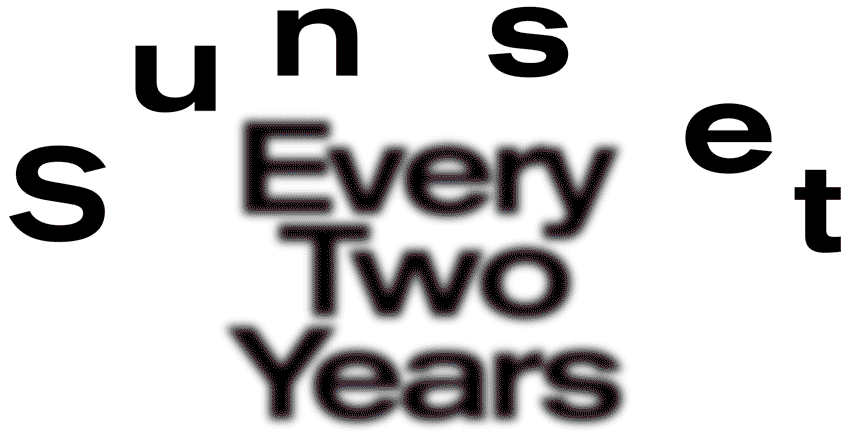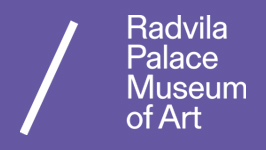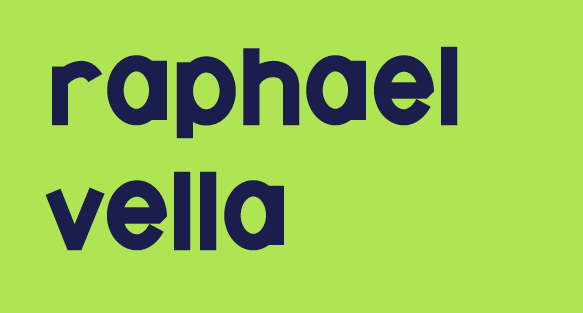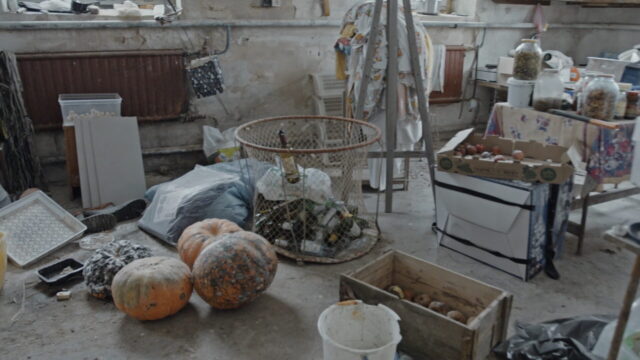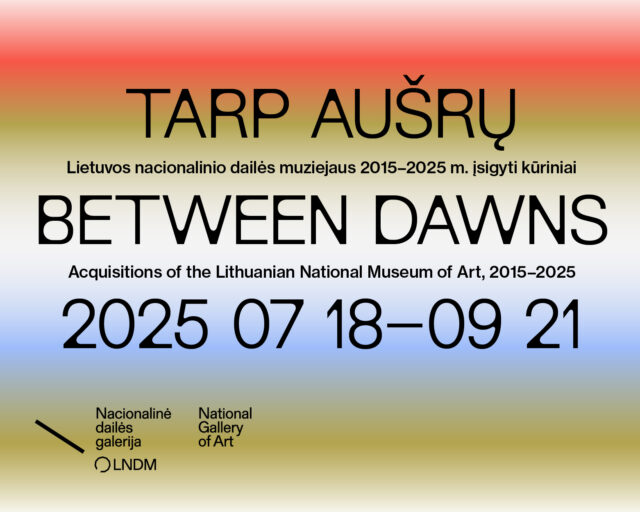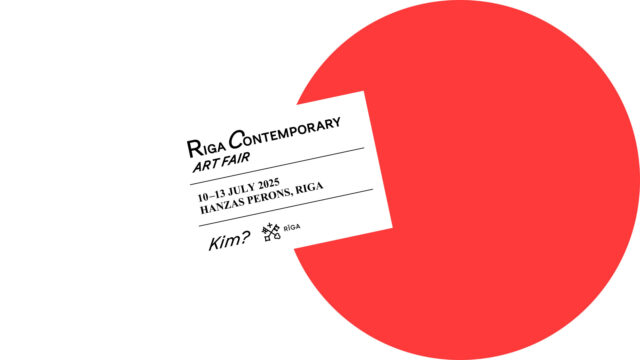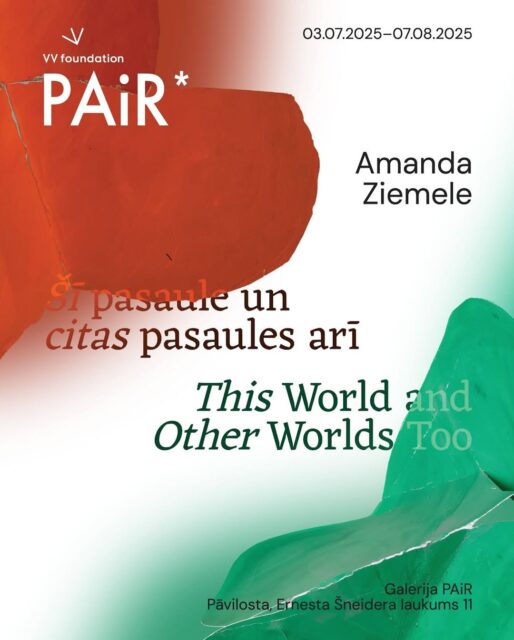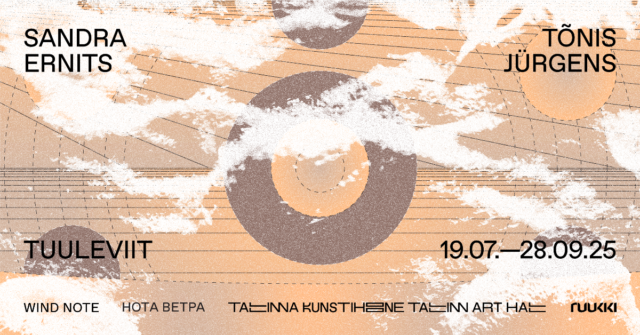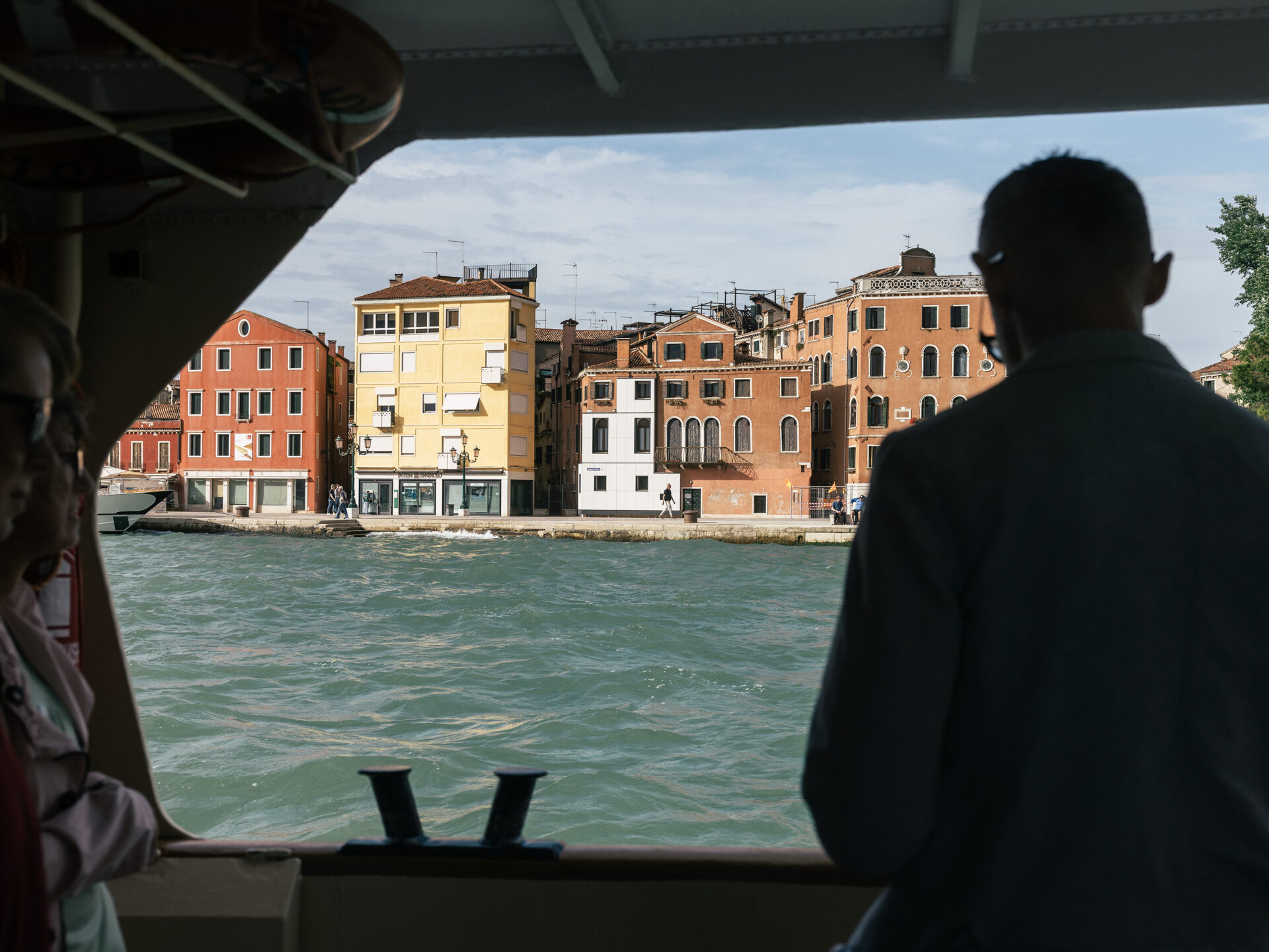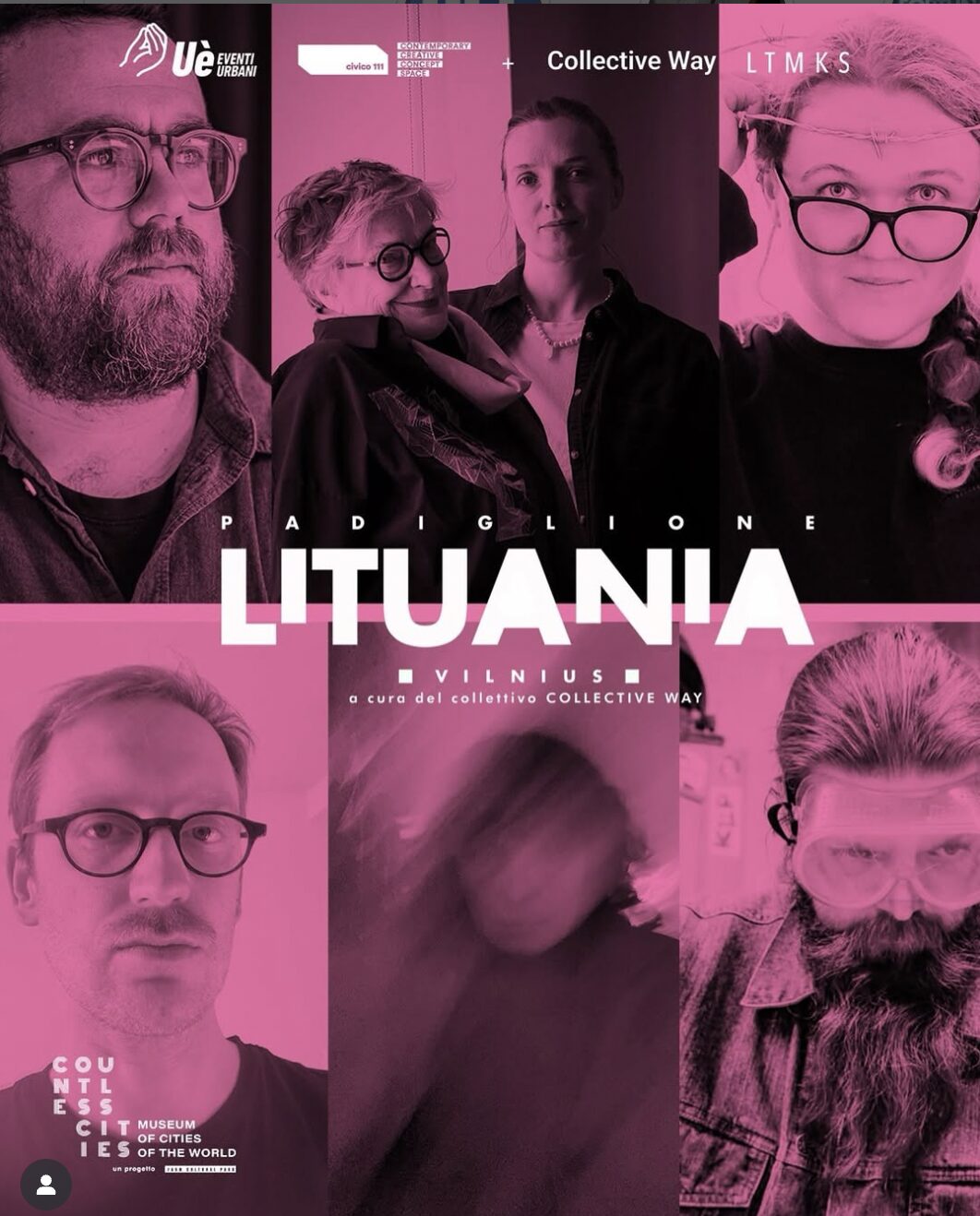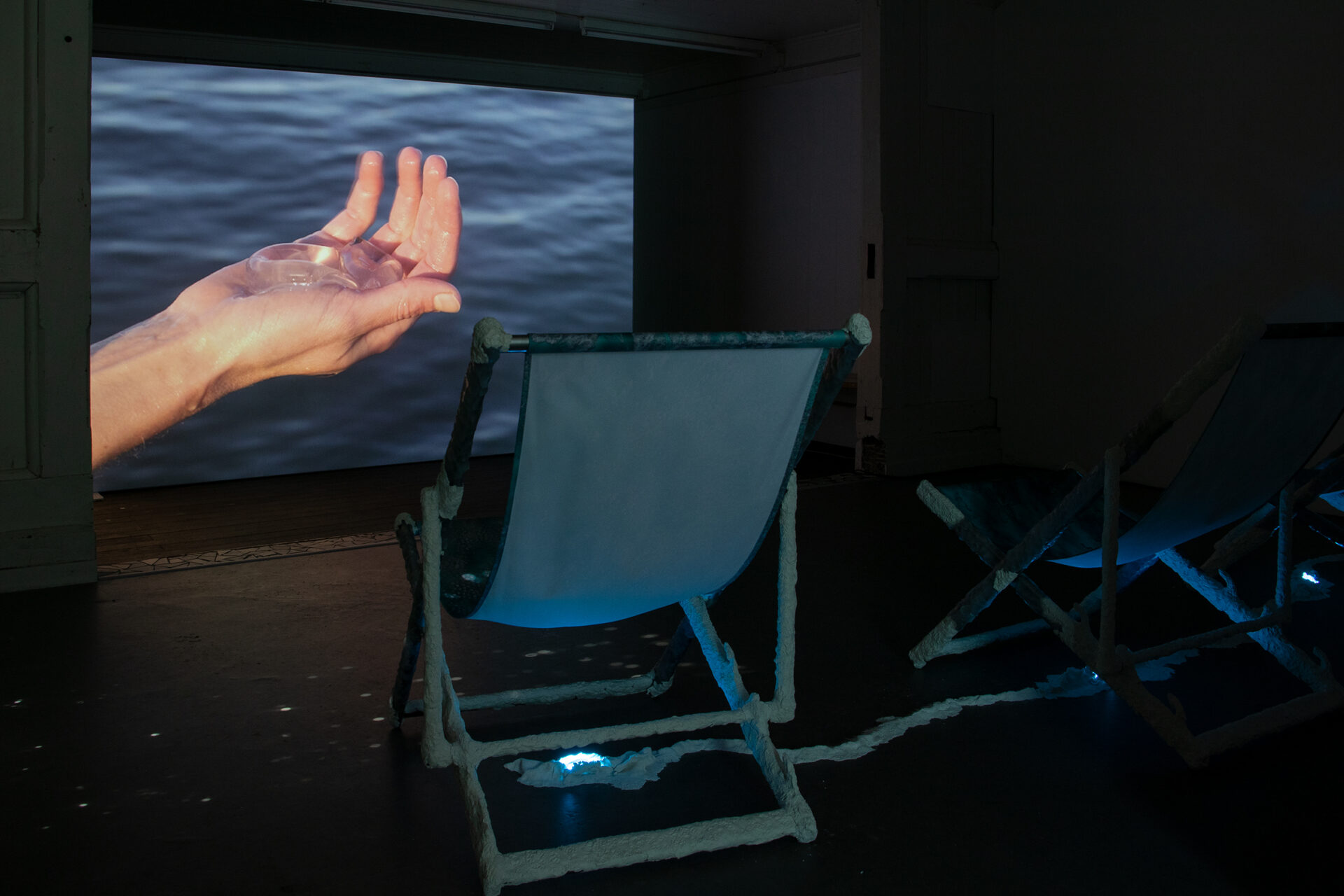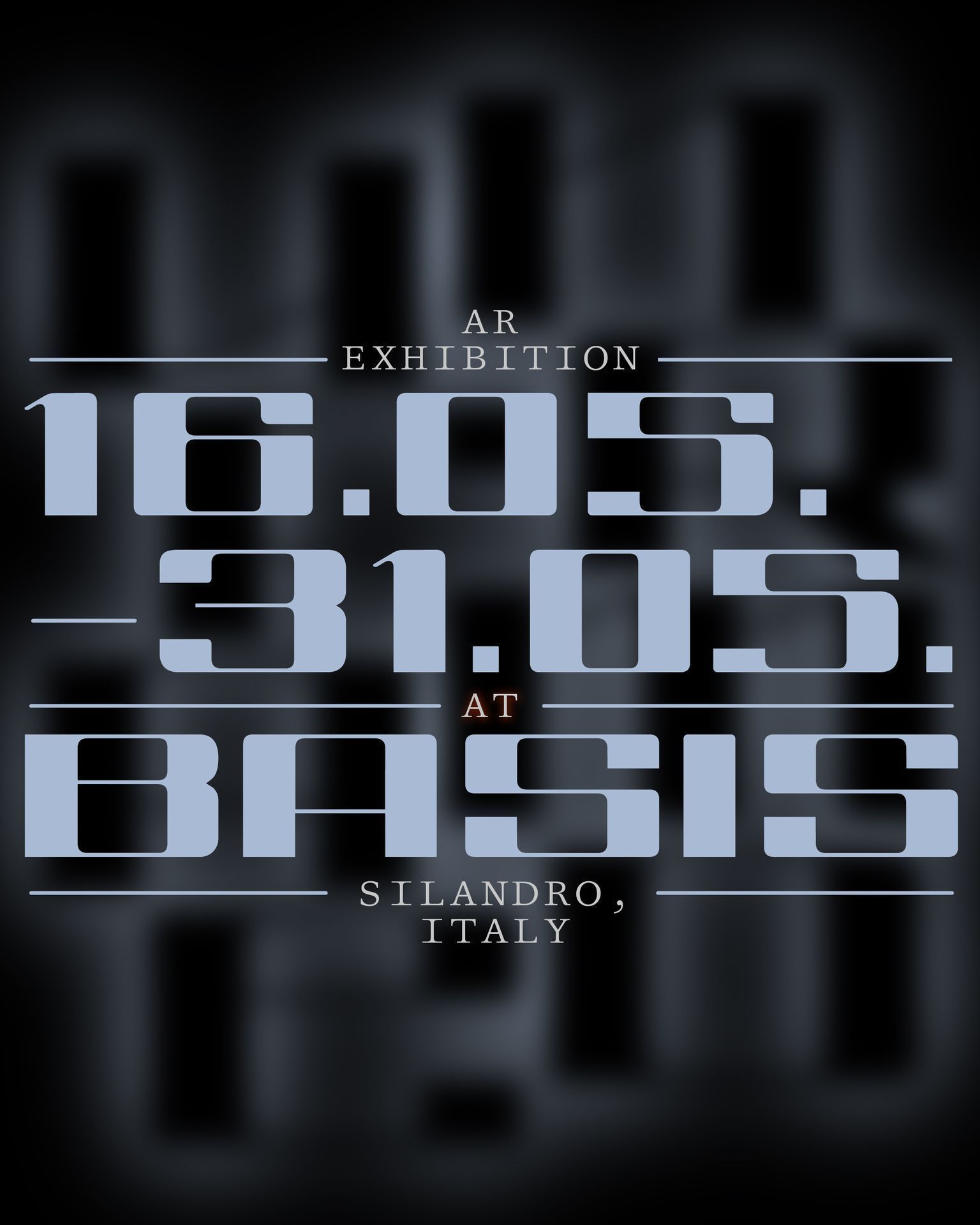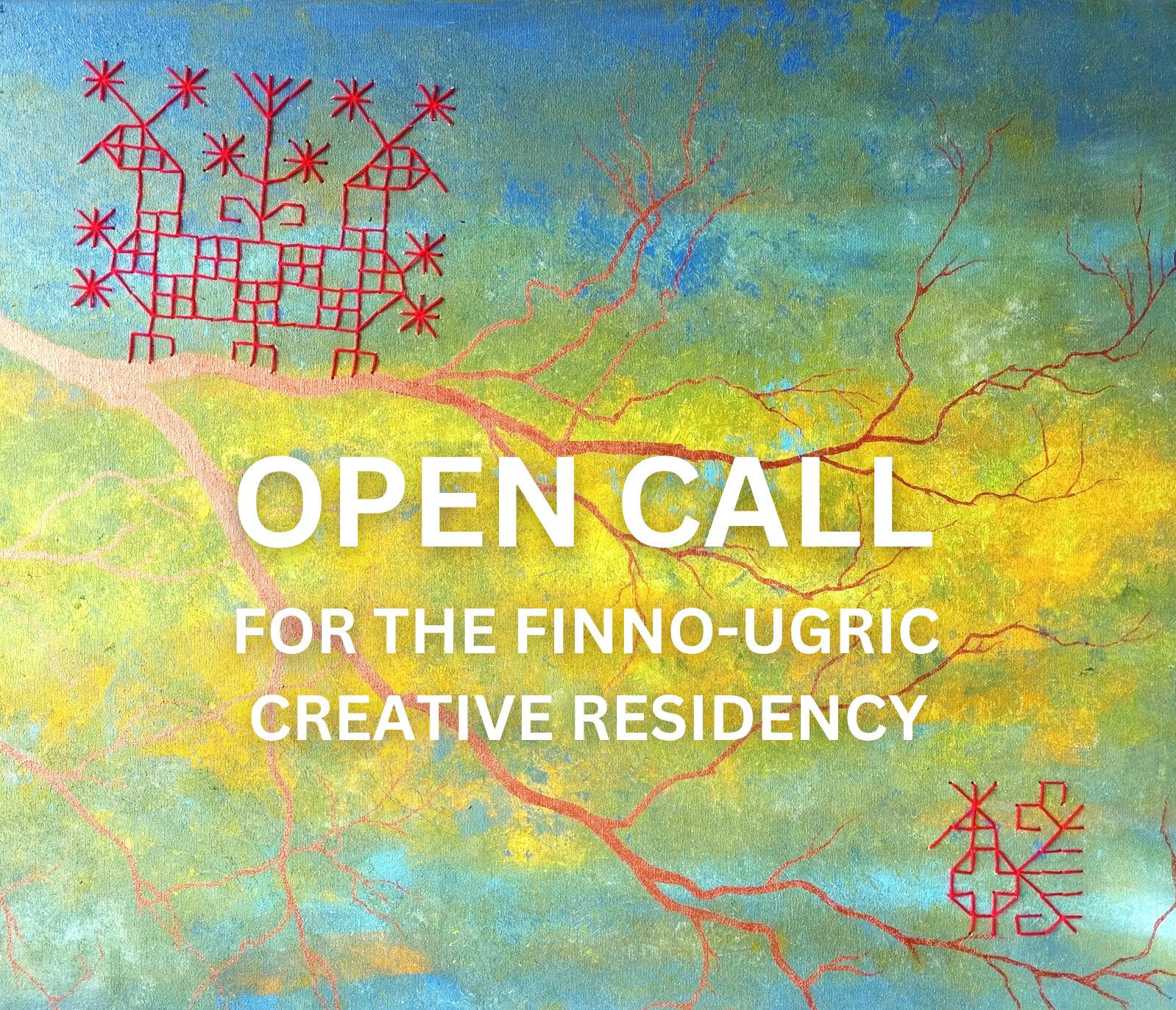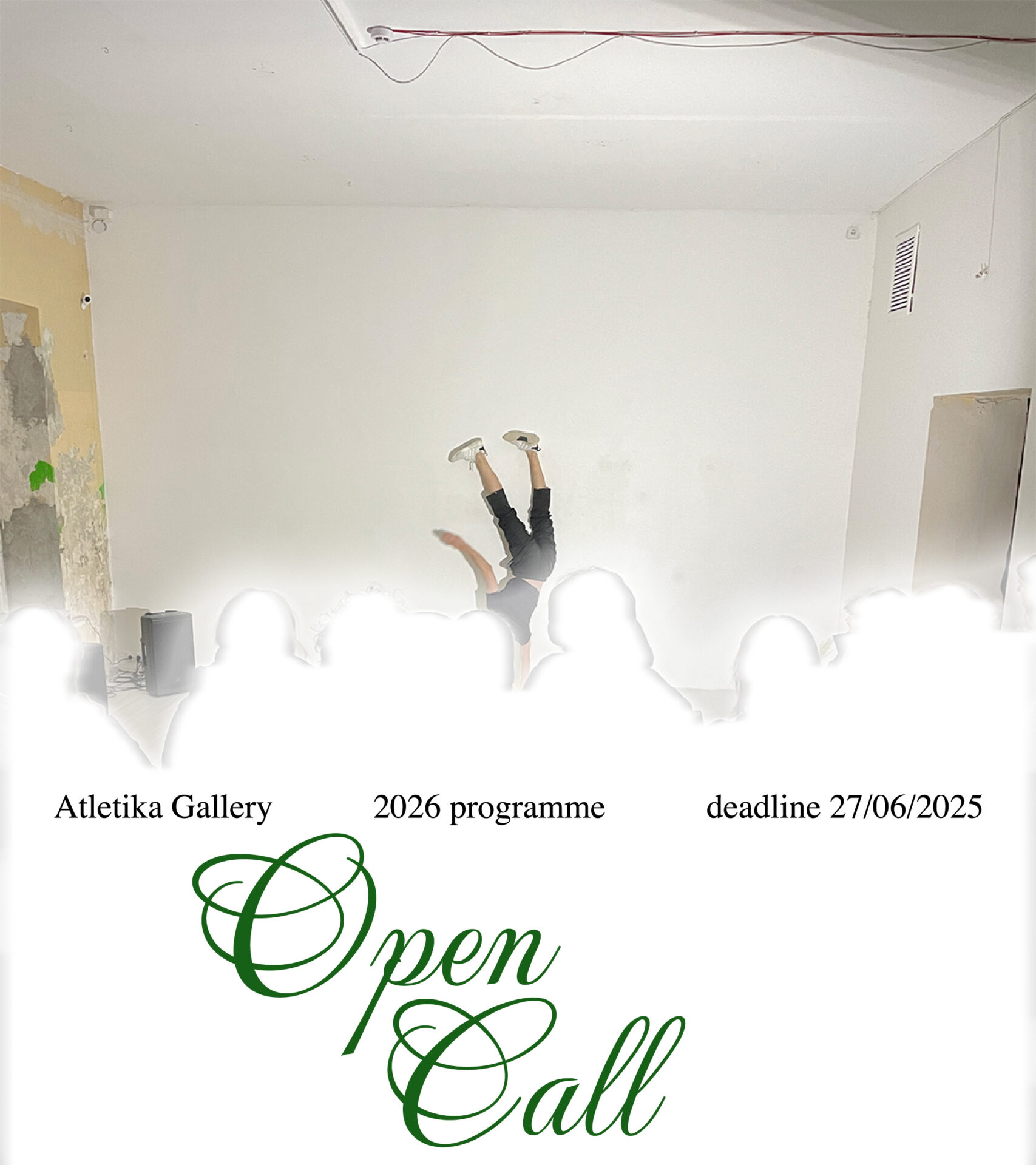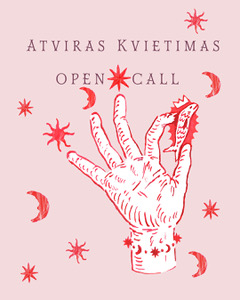Dear readers,
You are reading my last entry as an editor of Echo Gone Wrong: me and the owners of Echo Gone Wrong will be parting ways over our “incongruous positions.”
As many of you might have already noticed, the position Echo Gone Wrong took during my editorial period was oriented toward voicing opinions and exercising our rights to discover the potential of critical thought in the times when a critical discourse on contemporary art and culture in Baltics is gradually being reduced to an “efficient” and “friendly” distribution of press releases and sponsored content. During the past two years all the readers, supporters, authors, and contributors across the Baltic region and beyond, had a chance to recognise that EGW remained faithful to the criteria of rigorousness, freedom and individuality, as opposed to those of faithfulness to the institutional interests.
From academics to activists, from theoreticians to practitioners—many of us have our critical views regarding the rapidly changing realities and it is our inherent right to voice them publicly. It is my firm belief that this right must be exercised. Now, once that the positions have been cleared out, it is time for a decisive step. As far as my editorial work is concerned, EGW as we know it will cease to exist only to be reborn as a new project that will take the very same position and will stay true to the very same criteria. We will continue our work on a new platform dedicated to critical, insightful and creative voices.
The work will be carried on under the new address: www.LOCOMOTIVE.press.
Meanwhile the EGW you knew for the past couple of years will be preserved in its current form and will be made available publicly as an archive page.
This is not a goodbye letter. This is a notice of relocation. The work will continue and I would like to invite everyone—readers, authors, translators, contributors and everyone who showed their support during the last couple of years—to board the train of LOCOMOTIVE.press. Thank you all, we would not have been who we are without you.
Some of you have already sent us letters of support and I would like to share a couple of them. Anyone who wishes to join the list of comments and opinions on the matter are encouraged to do so by sending their emails to: info[at]locomotive.press.
Sincerely,
Gintarė Matulaitytė
————————————
Prof. Ian Damerell: There are many reasons to wonder about the effect of globalisation, not only on society in general, but on visual art. I once listened to a lecture by the Polish sociologist Zygmunt Baumann who, on being asked was there anything positive to say about globalisation, took his time before answering ‘no.’ I believe that one of the main problems of this phenomenon is the lack of resistance when dominant cultures spread and swallow lesser cultures. There is, due to lack of viable alternative media, a worrying lack of critique that can lead to a flattening of culture and to a disenfranchisement of the smaller cultures. The result will be a world without either complexity or diversity. With this in mind, I see Gintarė Matulaitytė’s project Echo Gone Wrong as a welcome and necessary corrective to this trend towards monotony and sameness. Furthermore, as a British artist and theorist, I find the quality and the informativity of Echo necessarily provoking and challenging – for this I am thankful. Such an excellent website as Echo obviously creates respect for the Baltic, and more specifically, the Lithuanian art scene that can foster such ideas. I have recommended this project to friends in Norway and the UK and look forward to a continuation and development of its core principles.
Tomas Marcinkevičius: Generally, I’m very sceptical about art news, art market and art as social phenomenon in general. I find the naivete of the “artists,” their inability to position themselves in the broader context according to social ties (including class, gender or geographic privileges), as well as the capacities of being “simply (dis)interested” and blabbing in the name of the virtual quite repelling.
Up until now, Echo Gone Wrong has been a bud of something qualitatively new in the Lithuanian context, something similar to a place where artists, critics, and philosophers have been enabled to confront their own environment, expose vanity and “transcendence” of those in power positions etc. In other words, a glimmer of “mortal institution” that shuns its own “metaphysical” traits and is able to transform itself in a way that plugs it back into social and economic workings.
If Echo Gone Wrong loses this feature, nothing of value is left: but another “organ” of this entity, a mash of die Kultur and egotistic free market philosophy presenting itself as Value.
